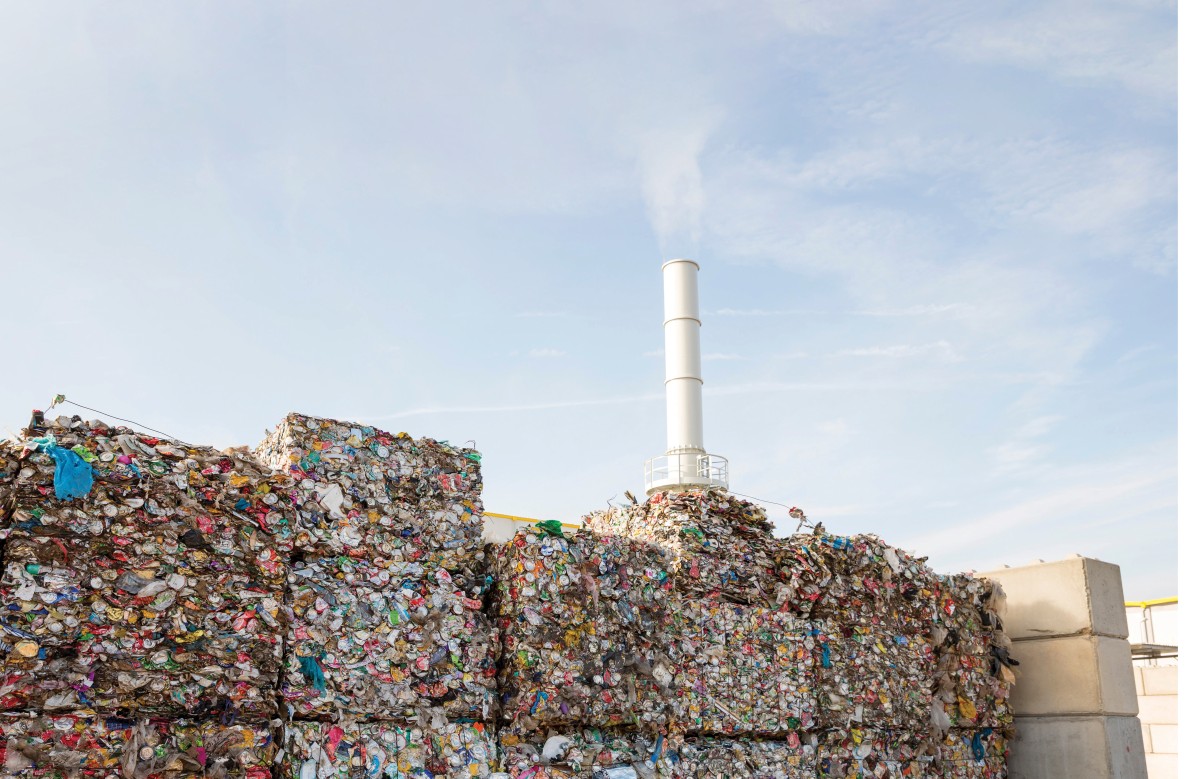Is Terrorism a Universal Crime or a Political Label That Is Applied Selectively?
- Naomi Dela Cruz
- D.O.C Supplements - Trending News
- World News
- October 2, 2024

Image Credit, Arek Socha
Terrorism is a word steeped in complexity, both in its meaning and application. According to the dictionary, it refers to the use of violence or intimidation to achieve political aims. But in reality, the term has evolved beyond a simple definition, becoming a tool for political rhetoric, used selectively to frame certain acts or groups as evil while sparing others. If we consider acts of violence, chaos, and destruction—bombs dropping, rockets flying, buildings crumbling, and lives being lost—shouldn’t these fit the definition of terrorism, regardless of the perpetrator? It seems that only certain acts of violence get branded with that label, depending on who commits them.
This selective application raises a critical question: why is one group’s violence condemned as terrorism while another’s is seen as an act of liberation or defense? History is full of examples where governments or organizations committing the same atrocities—kidnappings, bombings, invasions—are judged by entirely different standards. The label of “terrorist” often depends less on the actions themselves and more on who is committing them and who gets to write the narrative.
For instance, in one part of the world, a government’s violent repression of a population may be called terrorism, while elsewhere, a similar government’s actions might be framed as a defense against extremists. Is this a matter of geopolitical bias, or simply the way language has been manipulated by those in power to control the discourse?
It’s no secret that language is a powerful weapon in conflict. Terms like “terrorism” or “democracy” are thrown around liberally, often devoid of their original meaning. The word “terrorism” has become not just a descriptor but an accusation, a way to morally isolate and vilify. Violence is violence, regardless of whether it is conducted by a state or a non-state actor, yet the term “terrorist” is applied unevenly, depending on whether the violence aligns with certain political interests.
When two groups engage in similar acts of violence, why do we call one group terrorists and another liberators? Why do some atrocities carry the weight of legal consequences, while others seem to pass under the radar of international scrutiny? It’s a question of power, of who holds the microphone and controls the story. In the hands of the powerful, terrorism becomes a malleable term, often used to discredit and dehumanize enemies while justifying their own violent acts.
This selective use of language isn’t just confusing; it’s dangerous. It leads to a fragmented global society, where the definition of terrorism fluctuates based on who is telling the story. But when violence is met with more violence, when bombs and rockets tear through homes and families, the result is the same: death, destruction, and suffering.
The question then becomes, what do we do as a society? How do we reconcile these inconsistencies in the use of such a potent term? A solution seems elusive when even the language of terrorism is co-opted by power struggles. Perhaps the first step is recognizing this imbalance, acknowledging that terrorism, like any label, is wielded selectively, often to serve political ends. The deeper challenge lies in how we can redefine and reclaim the word to apply universally—to all acts of violence, regardless of their origin or justification.
To address the root of this issue, we need an international conversation about how we apply these terms. Is it possible to create a truly universal definition of terrorism that isn’t warped by politics? Can we strip the word of its bias and confront violence in all its forms with the same moral clarity?








